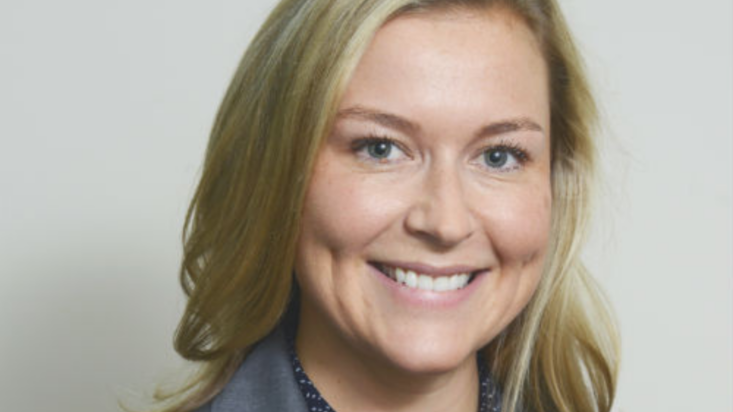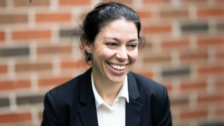Life insurance advice levels sink as people turn to alternative sources
The life insurance advice industry’s woes continue, with new research showing financial advice on life insurance types is only being accessed by six per cent of people in Australia.
The sector has had a tough few years since the 2017 Life Insurance Framework (LIF) laws, which saw upfront commissions capped at 60 per cent and ongoing commissions at 20 per cent. While Hayne suggested these should ultimately be “reduced to zero” at the royal commission, current financial services minister Stephen Jones has confirmed commissions will remain at these levels.
Yet the industry’s problems run deeper. Quality risk insurance advice generally takes longer to prepare than investment advice, yet provides less revenue, which has led to holistic advisers gravitating away from including life insurance in their suite of services.
Consequently, the sector has largely been left to a handful of pure risk advisers – anecdotally, less than 1,000 in the country – yet this cohort is significantly hampered by ill-fitting education standards. As part of the 2018 mandate set down by the (now defunct) Financial Adviser Standards and Ethics Authority, all registered advisers must gain an equivalent diploma and pass an adviser exam that is tailored to holistic advice rather than risk advice.
Add to that overbearing compliance obligations, which have increased the cost to serve.
For consumers, a shrinking life insurance advice workforce has been compounded by issues in the product sector that have seen premiums escalate. Insurance companies have spent the last few years unwinding loose policy arrangements around exclusions and other provisions, while at the same time being forced to raise premiums in line with CPI increases linked to soaring inflation.
All this has tipped premiums for life insurance (including trauma insurance, income protection and total and permanent disability) into the unaffordable bucket for many.
As a consequence, consumers desperate for insurance have responded by trying to source the most affordable options in the market, sans financial advice. Often, this leads to underinsurance, or insurance that is inappropriate for the policy holder.
According to new research from 89 Degrees East, commissioned by the Council of Australian Life Insurers (CALI), more than a third of people rely on information from their loved ones for life insurance advice.
“This shows a serious gap in the quality of advice Australians are getting about their life insurance,” CALI CEO Christine Cupitt (pictured) said. “We believe people are turning to their family and friends because the options for getting professional advice are too limited and too expensive.”
CALI reports that people are just as likely to go online or use digital calculators as they are to contact their life insurer directly about life insurance. Only 38 per cent would consider speaking to a financial adviser.











